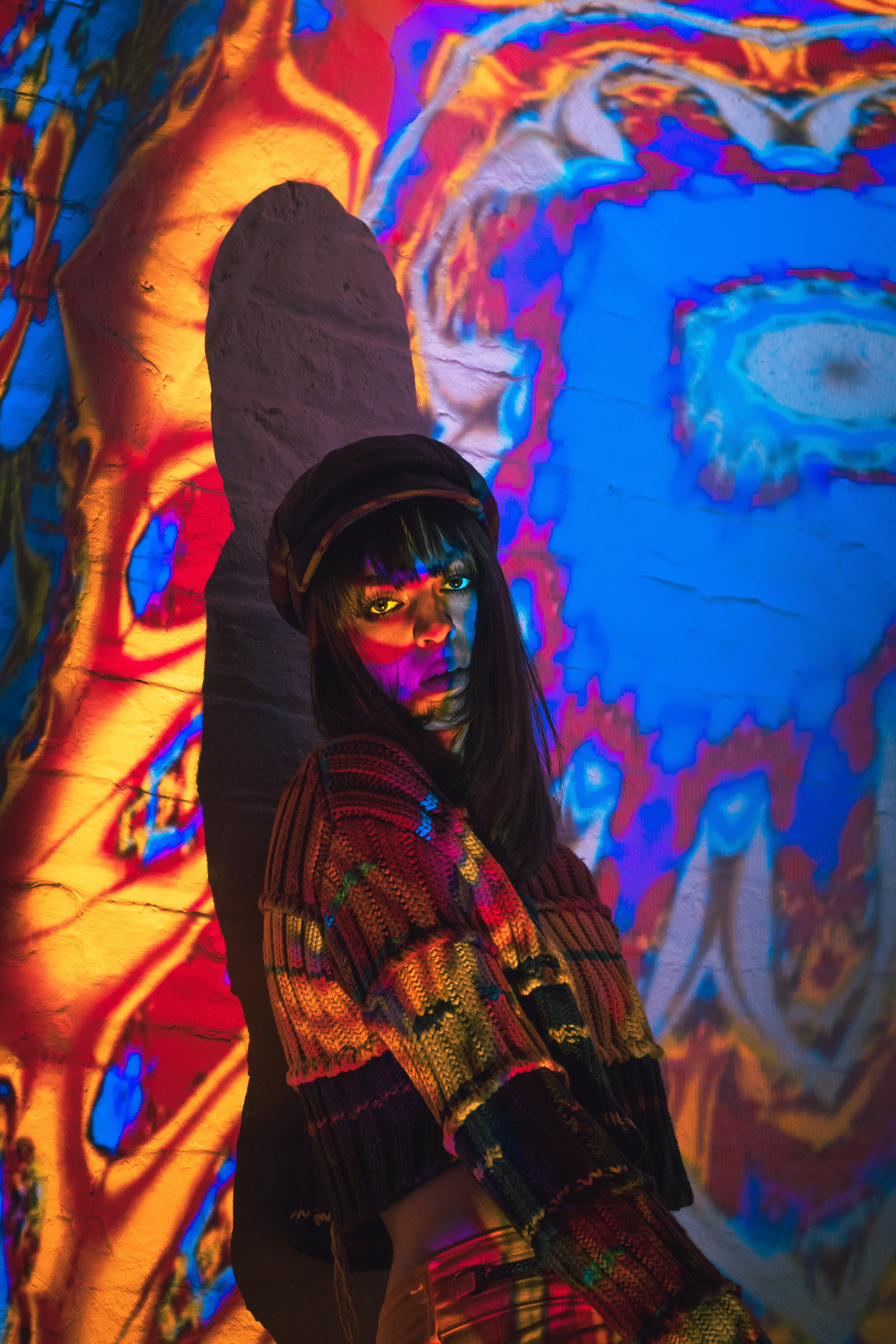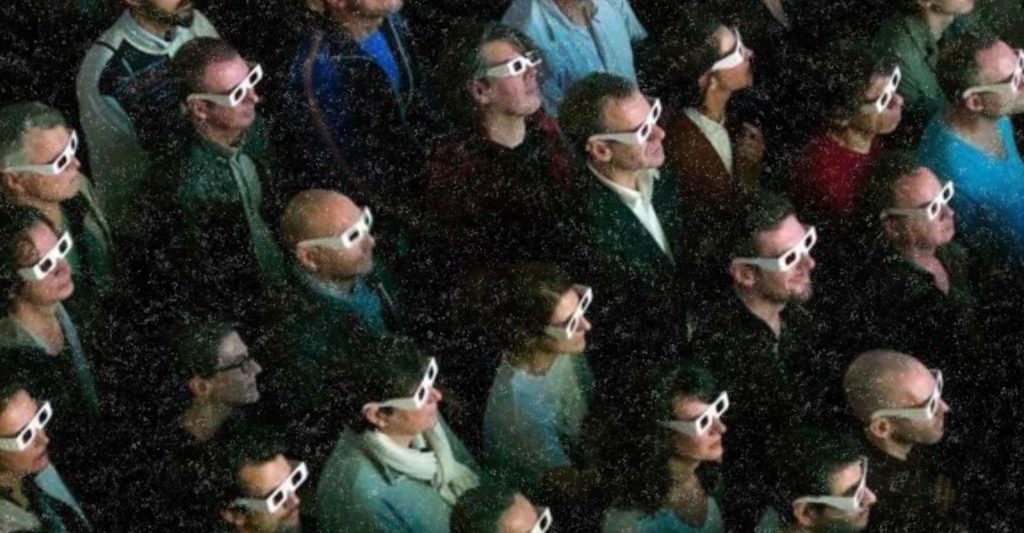
PSYCHEDELICS FOR DEPRESSION
An epidemic of mass proportions is relentlessly on the rise. It is an illness that indiscriminately cuts across geographic, racial, and economic borders. Steadily being diagnosed in record numbers as well as becoming the leading cause of disability worldwide, the affliction of depression is now too prevalent to only be treated by our current methods of therapy. With increased rates of suicide, addiction-related behaviors, and anxiety disorders, our global mental health crisis is only contributing to a deeper, more painful experience of alienation from ourselves and from each other.
What has become more alarming in recent years is the escalation of individuals experiencing “treatment-resistant depression”, where symptoms slightly improve only to return with vengeance. With standard treatments such as psychotherapy and taking antidepressant medications becoming ineffectual for more and more people, the mental health crisis demands new solutions that transcend the ordinary.
Time for a Trip
Psychedelics have now perhaps matured into their full magical potential. New research shows very promising evidence that psilocybin, a hallucinogen derived from magic mushrooms, can be highly effective in treating depression and other challenging anxiety-related conditions. Clinical studies at Johns Hopkins School of Medicine reveal that when psilocybin is administered incorrect dosages, the psychedelic offers long-lasting psychological growth and continued feelings of peace and connection without the negative side effects of a bad trip.
In the study, the volunteers were invited to come to a living room-like setting designed to be comfortable, calming, and attractive. Each participant was accompanied by two other research-team members: a “monitor” and an “assistant monitor,” who both had previous experience with people on psychedelic drugs and were empathetic and supportive. Before their sessions, the volunteers became acquainted enough with their team so that they felt familiar and safe. The researchers administered a low dose of the drug at the onset then gradually increased it. Accompanied by their “monitor” through the entire duration of the trip, which could last anywhere from 4-6 hours, volunteers were told to focus their attention inward and to allow feelings and thoughts arise. They also had the option to listen to classical music through headphones during these controlled psychedelic sessions.
Even in the months following their psilocybin experience, volunteers report that the psychedelic treatment had “sprung them from their mental jails”. The main theme that was common to the studies’ participants – reconnection. Being freed from the endless cycles of rumination and numbness of blunted emotions, these volunteers describe themselves as being more connected to their senses, to their feelings, to nature, and to other people at large. Quite interestingly, the participants themselves were not the sole benefactors of the psilocybin therapy: their close associates, family members, and friends also reported that the psychedelic experience had made the participants kinder, calmer, more patient, and have a greater degree of compassion.
Participants also expressed that their everyday social interactions became less mundane and more purposeful. They became more engaged, such as talking with strangers and holding better, fuller conversations. One volunteer noted, ““I would look at people on the street and think, ‘How interesting we are’—I felt connected to them all.”
Healthy Minds Benefit All
Psychedelics’ ability to induce such powerfully positive changes in personality offer a new way to address the foundations that drive long-term mental illnesses like depression. Our current treatment modalities, such as taking antidepressant prescriptions only placate the symptoms of depression. This paradigm is failing. Year after year, more and more depression suffers experience deeper self-alienation which inevitably manifests in social disconnect.
Psychedelics are not a treatment in and of themselves, but rather, a tool that can be used in conjunction with taking antidepressant medication and cognitive behavioral therapy. These clinical trials are instrumental in proving that our sense of greater connection is tantamount to our wellbeing. Health goes beyond feeling connected to ourselves on an individual level. When we see ourselves beyond our own egos and actually feel a deep connection with others, that is when we as a society experience optimal wellness.
Wellness is its truest sense is not about how healthy one person is, it is about how deeply connected and understood we feel together. The most tragic epidemic of our time is not contagious through coming into contact with others. Rather, it is disconnect from ourselves and from each other that is ravenously eating us up from within.
http://credit-n.ru/zaymyi-next.html
http://credit-n.ru/zaymyi-next.html
http://credit-n.ru/zaymyi-next.html
http://credit-n.ru/zaymyi-next.html





